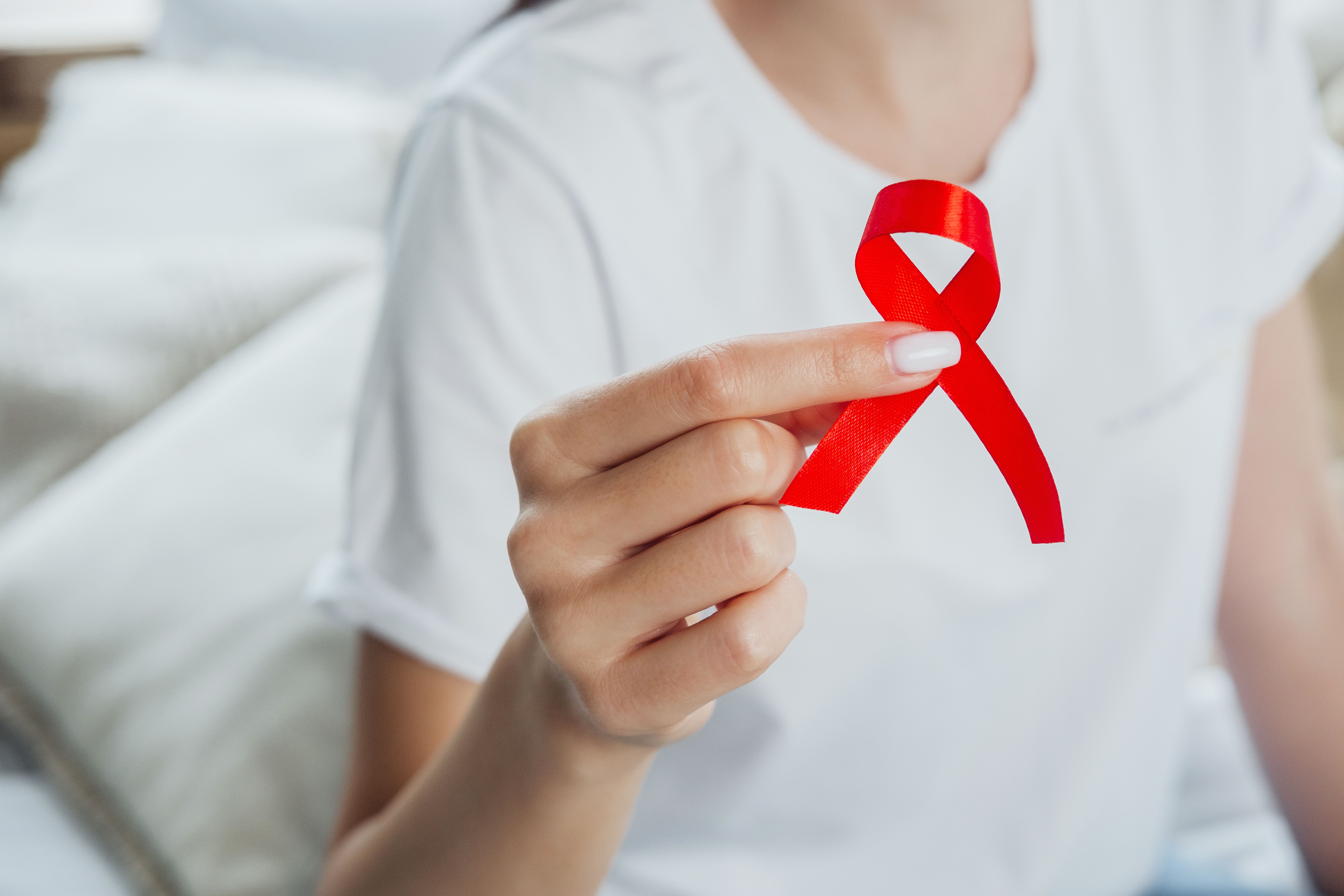Behind Closed Doors: How Family Ties and Mental Well-being Shape HIV Treatment Success

Enhancing Antiretroviral Therapy Adherence in HIV-Positive Youth: A Holistic Approach
Successfully managing HIV treatment among young people requires a comprehensive strategy that addresses both family relationships and mental health challenges. Adolescents and young adults living with HIV often face unique obstacles that can significantly impact their ability to consistently follow antiretroviral therapy (ART) protocols.
Research indicates that effective intervention strategies must take a multifaceted approach. By focusing on strengthening family support systems and simultaneously addressing potential underlying mental health concerns, healthcare providers can create a more supportive environment that encourages treatment adherence.
Family dynamics play a crucial role in a young person's ability to manage their HIV treatment. Open communication, emotional support, and understanding within the family unit can dramatically improve a patient's motivation and commitment to their medical regimen. Simultaneously, screening and treating any co-existing mental health conditions such as depression, anxiety, or trauma-related disorders can help remove additional barriers to consistent treatment.
Tailored interventions that combine psychological support, family counseling, and patient education represent the most promising path forward in improving ART adherence among HIV-positive youth. By recognizing the complex interplay between personal, familial, and mental health factors, healthcare professionals can develop more effective, compassionate treatment strategies.
